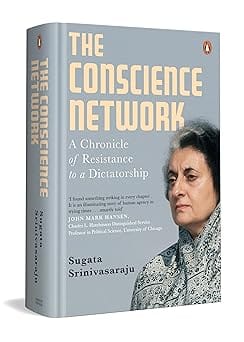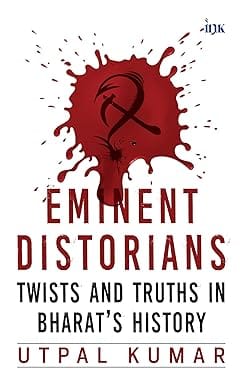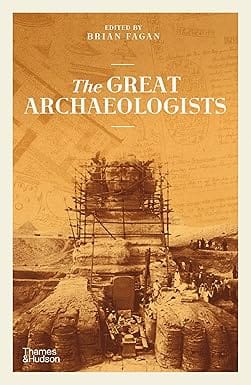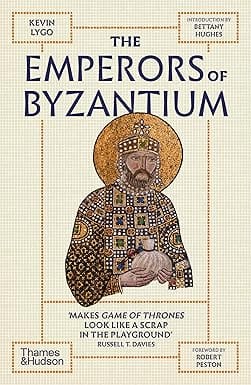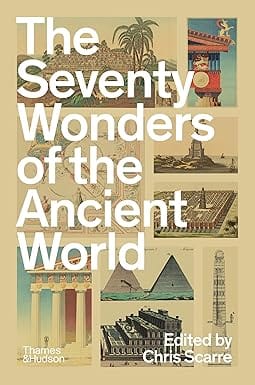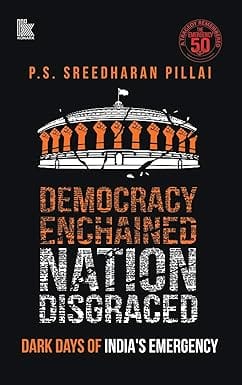- Non-ficton
- Non-ficton
- Contemporary Fiction
- Contemporary Fiction
- Children
- Children
- Comics & Graphic Novels
- Comics & Graphic Novels
- Non-Fiction
- Non-Fiction
- Fiction
- Fiction
This is a parallel history of resistance to Indira Gandhi’s dictatorial rule between 1975 and 1977, when an internal emergency was proclaimed in India. The events here unfold entirely in the United States of America surrounded by the echoes of emergency action in India. The book has an intimate historiographic style and is narrated through the lives, actions and world views of chosen protagonists, who with perseverance and principle constructed a classic Gandhian movement.
The book not only tracks political developments, ideological debates and sociocultural contexts of the time but also records how American pacifists, Quakers, civil rights activists, academics, authors, senators and Congressmen came together in solidarity to form a network of conscience to save India’s democracy. Amid this, a quiet thread in the book is the story of the Indian diaspora in the US that had just about begun staring at a horizon of influence.
It is widely believed that one of the factors that pushed Indira Gandhi to end the Emergency in 1977 and call for a general election was international pressure. Being Jawaharlal Nehru’s daughter, it is said that she was sensitive to how she was being perceived overseas, and after a point, thought it was counterproductive to play dictator. However, this book does not get into such conjectures or presumptions but endeavours to paint a true and complex picture of the time.
The narrative here is fused with a diligent study of personal papers and archival material in India and overseas that had neither been accessed or assessed till now. This is yet another offering from an author whose books have been applauded for their uncommon insights, intellectual bandwidth and a fine literary style.
About the Author
SUGATA SRINIVASARAJU is an independent journalist, author and columnist who has written for nearly three decades at the intersection of politics, culture and contemporary history. In the past, he has edited newspapers, run television channels and digital news platforms. Over the years, he has been a Chevening Scholar in the UK, a fellow of the Aspen Institute in the US, and a Homi Bhabha fellow in India.
Sugata’s books, among others, include Strange Burdens: The Politics and Predicaments of Rahul Gandhi; Furrows in a Field: The Unexplored Life of HD Deve Gowda; Pickles from Home: The Worlds of a Bilingual and Keeping Faith with the Mother Tongue: The Anxieties of a Local Culture.
The Conscience Network A Chronicle Of Resistance To A Dictatorship
SIZE GUIDE
- ISBN: 9780670096787
- Author: Sugata Srinivasaraju
- Publisher: Penguin Vintage
- Pages: 592
- Format: Hardback
Book Description
This is a parallel history of resistance to Indira Gandhi’s dictatorial rule between 1975 and 1977, when an internal emergency was proclaimed in India. The events here unfold entirely in the United States of America surrounded by the echoes of emergency action in India. The book has an intimate historiographic style and is narrated through the lives, actions and world views of chosen protagonists, who with perseverance and principle constructed a classic Gandhian movement.
The book not only tracks political developments, ideological debates and sociocultural contexts of the time but also records how American pacifists, Quakers, civil rights activists, academics, authors, senators and Congressmen came together in solidarity to form a network of conscience to save India’s democracy. Amid this, a quiet thread in the book is the story of the Indian diaspora in the US that had just about begun staring at a horizon of influence.
It is widely believed that one of the factors that pushed Indira Gandhi to end the Emergency in 1977 and call for a general election was international pressure. Being Jawaharlal Nehru’s daughter, it is said that she was sensitive to how she was being perceived overseas, and after a point, thought it was counterproductive to play dictator. However, this book does not get into such conjectures or presumptions but endeavours to paint a true and complex picture of the time.
The narrative here is fused with a diligent study of personal papers and archival material in India and overseas that had neither been accessed or assessed till now. This is yet another offering from an author whose books have been applauded for their uncommon insights, intellectual bandwidth and a fine literary style.
About the Author
SUGATA SRINIVASARAJU is an independent journalist, author and columnist who has written for nearly three decades at the intersection of politics, culture and contemporary history. In the past, he has edited newspapers, run television channels and digital news platforms. Over the years, he has been a Chevening Scholar in the UK, a fellow of the Aspen Institute in the US, and a Homi Bhabha fellow in India.
Sugata’s books, among others, include Strange Burdens: The Politics and Predicaments of Rahul Gandhi; Furrows in a Field: The Unexplored Life of HD Deve Gowda; Pickles from Home: The Worlds of a Bilingual and Keeping Faith with the Mother Tongue: The Anxieties of a Local Culture.
User reviews
NEWSLETTER
Subscribe to get Email Updates!
Thanks for subscribing.
Your response has been recorded.

India's Iconic & Independent Book Store offering a vast selection of books across a variety of genres Since 1978.
"We Believe In The Power of Books" Our mission is to make books accessible to everyone, and to cultivate a culture of reading and learning. We strive to provide a wide range of books, from classic literature, sci-fi and fantasy, to graphic novels, biographies and self-help books, so that everyone can find something to read.
Whether you’re looking for your next great read, a gift for someone special, or just browsing, Midland is here to make your book-buying experience easy and enjoyable.
We are shipping pan India and across the world.
For Bulk Order / Corporate Gifting
 +91 9818282497 |
+91 9818282497 |  [email protected]
[email protected]
Click To Know More
INFORMATION
QUICK LINKS
ADDRESS
Shop No.20, Aurobindo Palace Market, Near Church, New Delhi

